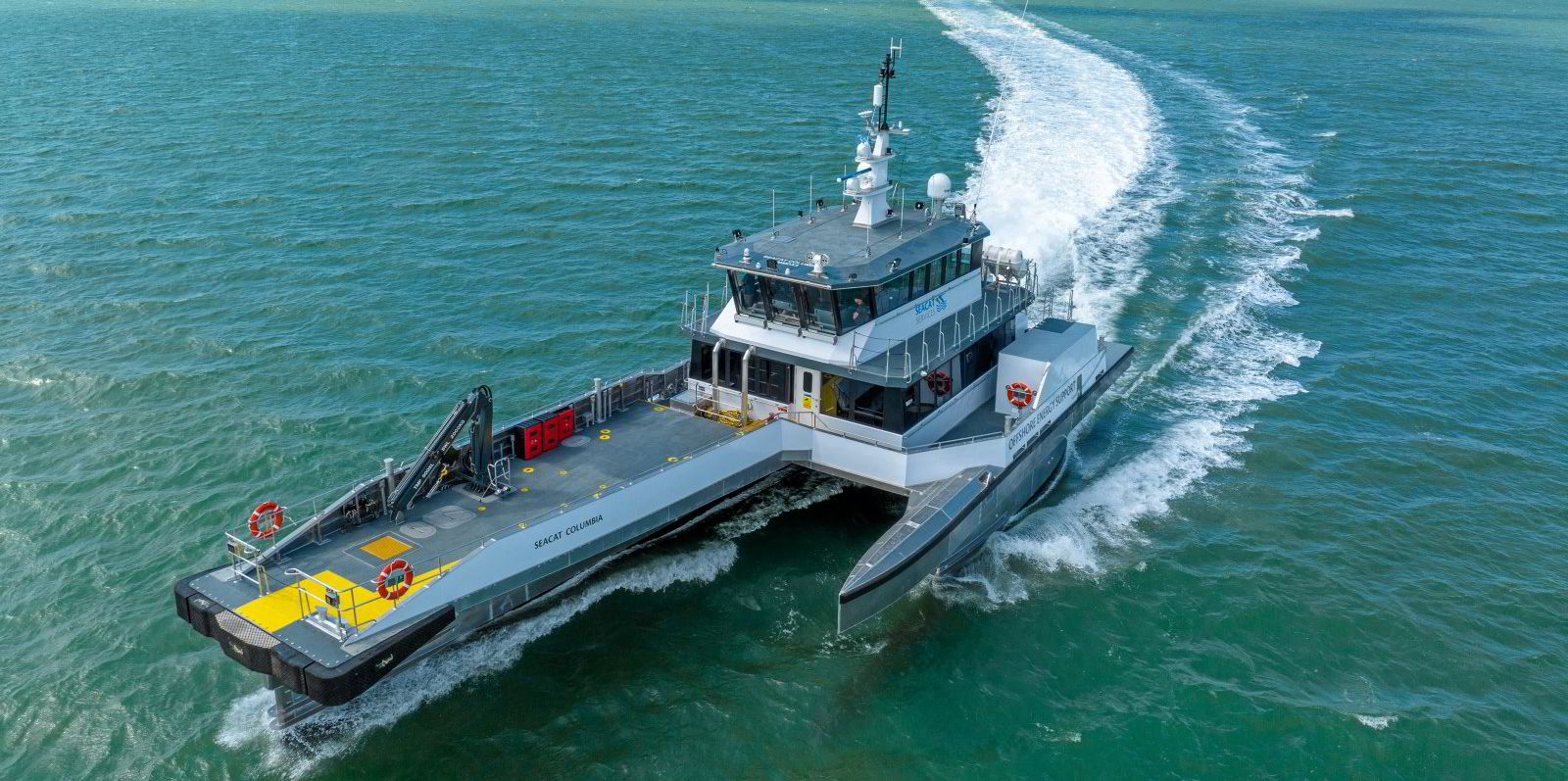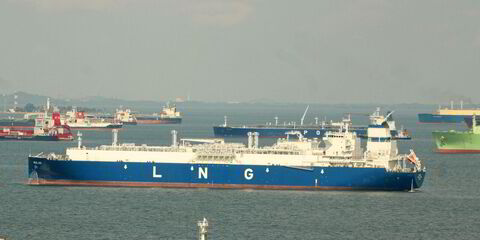Tidewater will keep most of its fleet on short-term charters to reap the benefits of a market massively outpacing the previous offshore upcycles.
The Texas offshore support vessel giant reported a $5.4m profit for the third quarter, which was its first since 2017. The return to the black came amid a $3,000 per day surge in rates so far this, double what company executives said was typical during a period of market improvement.
“[This is] emblematic of the tightening of the supply and demand of the offshore vessel market we have been discussing,” chief executive Quintin Kneen said.
“The increase in global activity began in the third quarter of last year and was based on steadily increasing oil price as global economic activity increased subsequent to the easing of pandemic restrictions and has further increased over the past six months as conflict in Ukraine move the focus of decision-makers to energy security.”
Kneen and vice president of sales and marketing Piers Middleton said Tidewater's high-specification fleet was in-demand enough that they could keep up the short-term chartering strategy.
“Our customers have pushed back [on the short-term charters] but ultimately, they understand the shorter-term strategy,” Middleton said.
“That's something which we've been able to push globally everywhere. And I think that's something we'll continue to focus on doing as we go into 2023.
“Whether or not they agree with it is a different matter, but they're certainly accepting it.”
Tidewater's $5.4m profit was a reversal from the $26.3m loss posted for the third quarter of 2021, as revenue jumped to $190m from $91m over the same period.
Regionally, its 26 ships in Europe and the Mediterranean drove the most profit, bringing in $13m.
There, its largest platform supply vessels earned $16,229 per day and its anchor handling tug supply vessels brought in $74,231 per day.
West Africa, where it has 67 ships, slotted in second. The region brought in just over $12m. Its largest PSVs earned $18,502 per day and its largest AHTS vessels scored $16,719 per day.
On the earnings conference call, Kneen said the Middle East provides a significant opportunity for the company, as national oil companies in the region have announced aggressive expansion plans and where the OSV fleet is fragmented and lower specification.
There, its largest PSVs earned $24,061 per day and its largest AHTS vessels brought in $13,487 per day.





